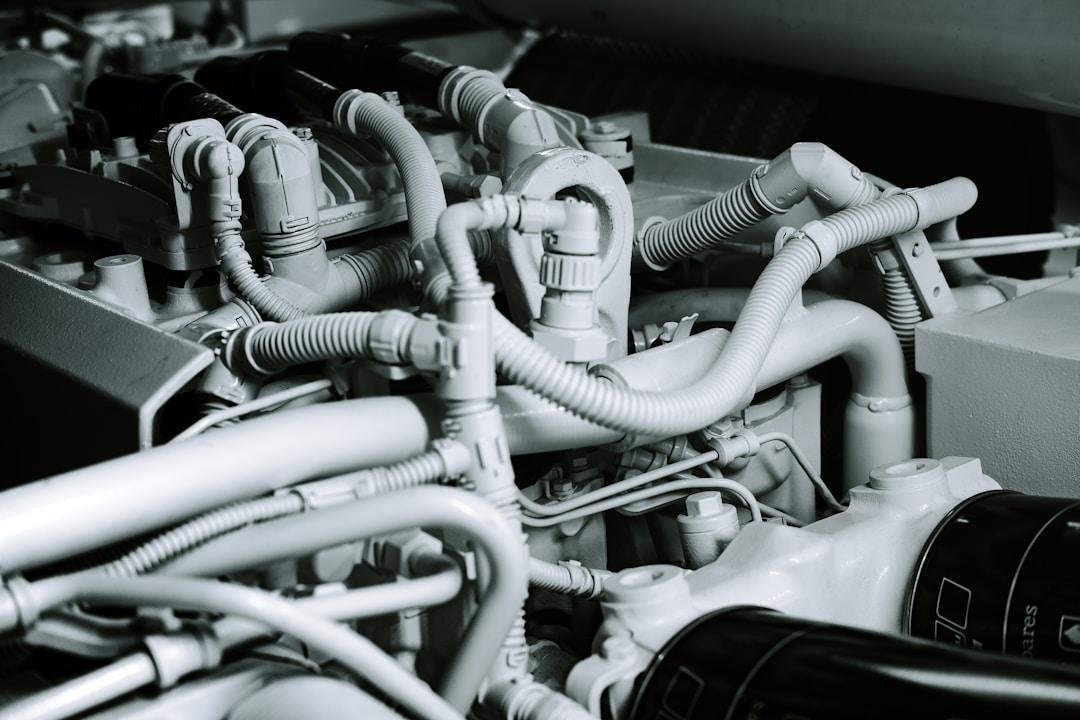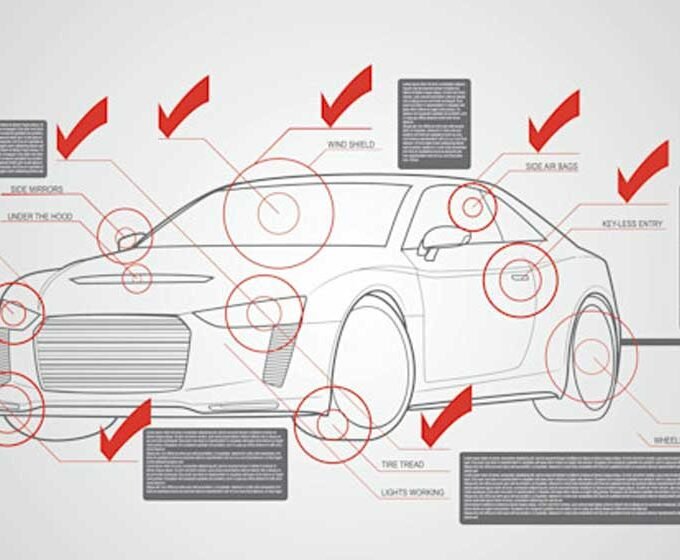With diesel engines powering everything from trucks and buses to construction and agricultural machinery, becoming a diesel technician means mastering the ins and outs of these powerful machines. This might be the perfect fit if you’re passionate about mechanics and want to enter a field with strong job prospects. This article will guide you through the key steps to achieving your aspirations to establish yourself as a diesel technician.
Understanding the Role of a Diesel Technician
Diesel technicians are responsible for the maintenance and repair of diesel engines. The role involves diagnosing problems, performing routine inspections, and ensuring the equipment runs efficiently and safely. It also calls for strict adherence to environmental regulations and understand the specific criteria to maintain safety standards. Working in diverse settings, from repair shops to outdoor sites; problem-solving and customer service are the main factors for success.
When something breaks down, technicians are the ones who fix the issue promptly while communicating effectively about the required repairs. So, the ability to explain complex technical issues in understandable terms is important for building trust and customer satisfaction.
To become a diesel technician, you must have a genuine interest in diesel engines and a knack for mechanical tasks. You must also be willing to learn continuously, keeping up with the latest advancements and innovations in diesel technology.
Educational Requirements for an Aspiring Diesel Technician

The first step towards becoming a diesel technician is getting the right education. While some technicians start with a high school diploma and receive on-the-job training, formal education can provide a competitive edge. Vocational schools and community colleges offer diploma and associate degree programs specifically designed for diesel technology.
These programs combine classroom instruction with hands-on training, covering engine repair, electrical systems, power generation, and even advanced diagnostics. Understanding the theory behind diesel engine operations and complex diagnostic equipment is an important step.
For financial aid, you can explore scholarships available through organizations like the National Society of High School Scholars, (NSHSS). Many people raise the concern, “Is NSHSS a Scam?”. If you’re one of those people, we suggest you dig deeper and you’ll find that it’s quite the opposite. It offers a variety of scholarships, internships, and networking events. Real stories from members show the legitimacy of NSHSS and how it has impacted students.
Gaining Practical Experience in Diesel Technology

Academic qualifications are important, but real-world experience is even more important. Internships and apprenticeships can show you a gist of the job’s daily responsibilities by allowing you to work alongside experienced professionals and apply your practical knowledge.
Hands-on experience will help you refine your technical and soft skills allowing you to understand the pace and pressures of the work environment, preparing you for future employment.
Entry-level positions can be stepping stones where you can learn a lot. As you gain experience, you will create a reputation for yourself, leading to more advanced roles with greater responsibility and better compensation.
Certification and Licensure for Diesel Technicians
Certification is key to professional development as it reflects your expertise and reliability. The National Institute for Automotive Service Excellence (ASE) offers recognized certifications. You need two years of experience and pass an examination to become ASE certified.
Certain positions may require you to hold a Commercial Driver’s License (CDL) due to the need to test drive large vehicles or handle hazardous materials.
Continuous education is necessary to maintain some certificates. For example, ASE requires a retest every five years so that you can stay updated with recent technological changes.
If you’re considering formal education, choose one respected in the industry. You can look into institutions like The College of Transportation Technology, which has a curriculum that matches the demands of the industry. Having a reputable institution on your résumé can make a huge difference. Once you graduate, you will have a well-rounded skill set that employers value.
You can opt for additional qualifications for specialized skills, like those focusing on advanced emissions or hydraulics.
Advancing Your Career in Diesel Technology
As diesel technology depends on sophisticated software and systems, staying up to date with these changes makes you more likely to move ahead.
Networking with industry professionals and joining professional associations can be beneficial as they offer resources and opportunities to connect with potential employers or clients.
If you wish to transition into advanced specialties, consider further education, such as a bachelor’s degree in mechanical engineering or a related field. This can help you move into design, engineering, or research, broadening your scope.
Becoming a diesel technician requires extensive education, experience, certification, and a dedication to lifelong learning. Follow the above steps, and you’ll thrive in an industry that ensures that the wheels of transportation and commerce continue to turn.
















